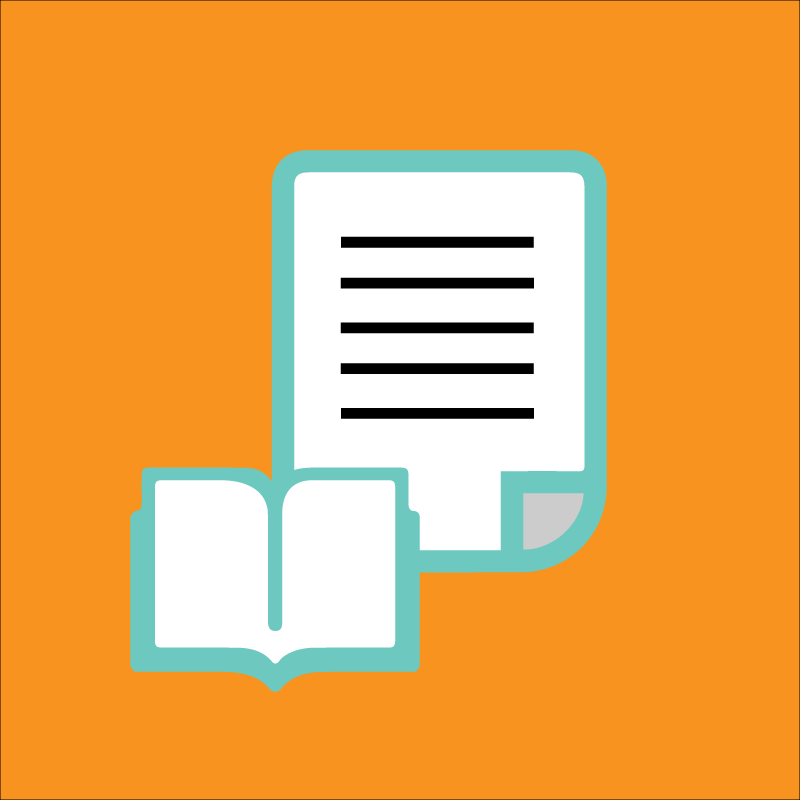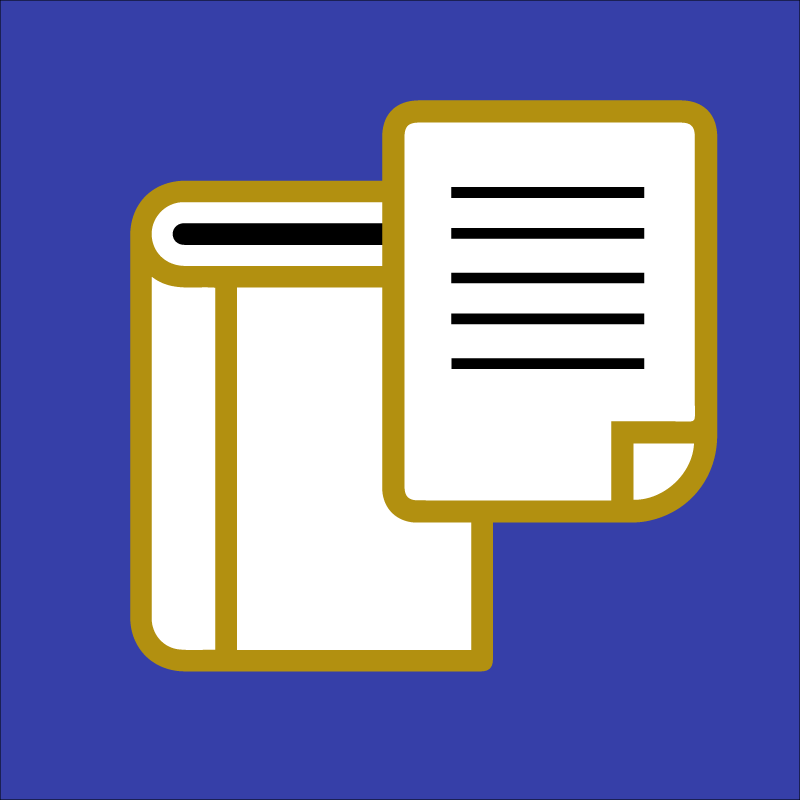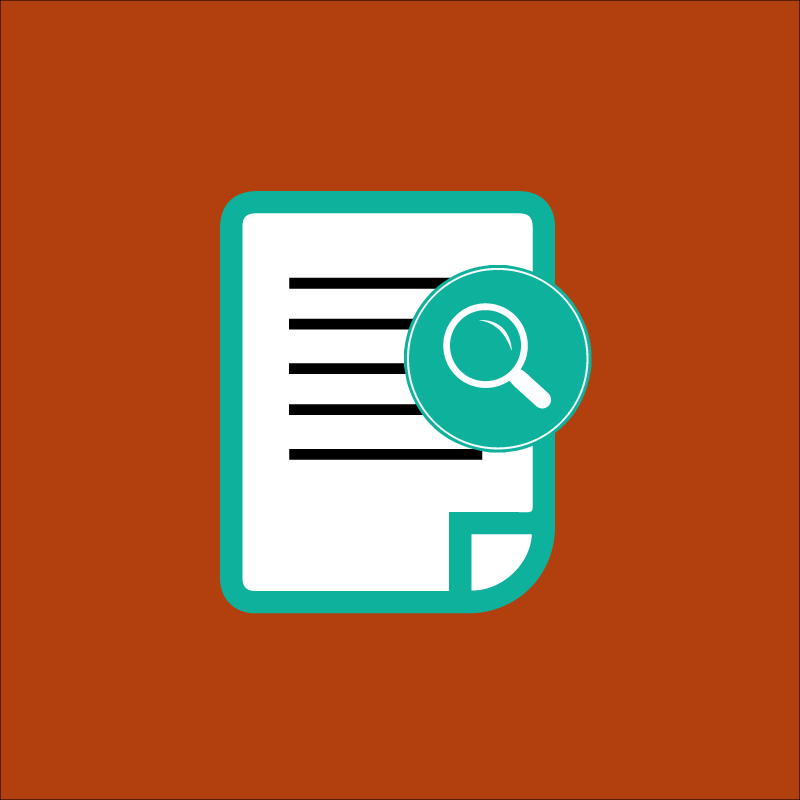6 Chapter 3: Common Writing Assignments
Part 1: Chapter 3
College writing assignments serve a different purpose than the typical writing assignments you completed in high school. The textbook Successful Writing explains that in high school, teachers generally focus on teaching you to write in a variety of modes and formats, including personal writing, expository writing, research papers, creative writing, and writing short answers and essays for exams. Over time, these assignments help you build a foundation of writing skills. In college, many instructors will expect you to already have that foundation.
Your college composition courses will focus on writing for its own sake, helping you make the transition to college-level writing assignments. However, in most other college courses, writing assignments serve a different purpose. In those courses, you may use writing as one tool among many for learning how to think about a particular academic discipline.
Additionally, certain assignments teach you how to meet the expectations for professional writing in a given field. Depending on the class, you might be asked to write a lab report, a case study, a literary analysis, a business plan, or an account of a personal interview. You will need to learn and follow the standard conventions for those types of written products.
Finally, personal and creative writing assignments are less common in college than in high school. College courses emphasize expository writing, writing that explains or informs. Often expository writing assignments will incorporate outside research, too. Some classes will also require persuasive writing assignments in which you state and support your position on an issue. College instructors will hold you to a higher standard when it comes to supporting your ideas with reasons and evidence.
Common Types of College Writing Assignments
Personal Response Paper

Expresses and explain your response to a reading assignment, a provocative quote, or a specific issue; may be very brief (sometimes a page or less) or more in-depth
Summary

Restate the main points of a longer passage objectively and in your own words
Position Paper

States and defends your position on an issue (often a controversial issue)
Problem-Solution Paper

Presents a problem, explains its causes, and proposes and explains a solution
Literary Analysis

States a thesis about a particular literary work (or works) and develops the thesis with evidence from the work and sometimes from additional sources
Research Review or Survey

Sums up available research findings on a particular topic
Case Study or Case Analysis

Investigate a particular person, group, or event in depth for the purpose of drawing a larger conclusion from the analysis
Laboratory Report

Presents a laboratory experiment, including the hypothesis, methods of data collection, results, and conclusions
Research Journal

Records a student’s ideas and findings during the course of a long-term research project
Research Paper

Presents a thesis and supports it with original research and/or other researchers’ findings on the topic; can take several different formats depending on the subject area
In Part One of this textbook, we covered college writing at CNM and reading strategies that will help you succeed in different disciplines. As reading and writing go hand in hand, we will now turn to the steps you can take toward effective writing, also known as developing a writing process.
Adapted from “Chapter One ” of Successful Writing, 2012, used according to Creative Commons 3.0 by-NC-sa
